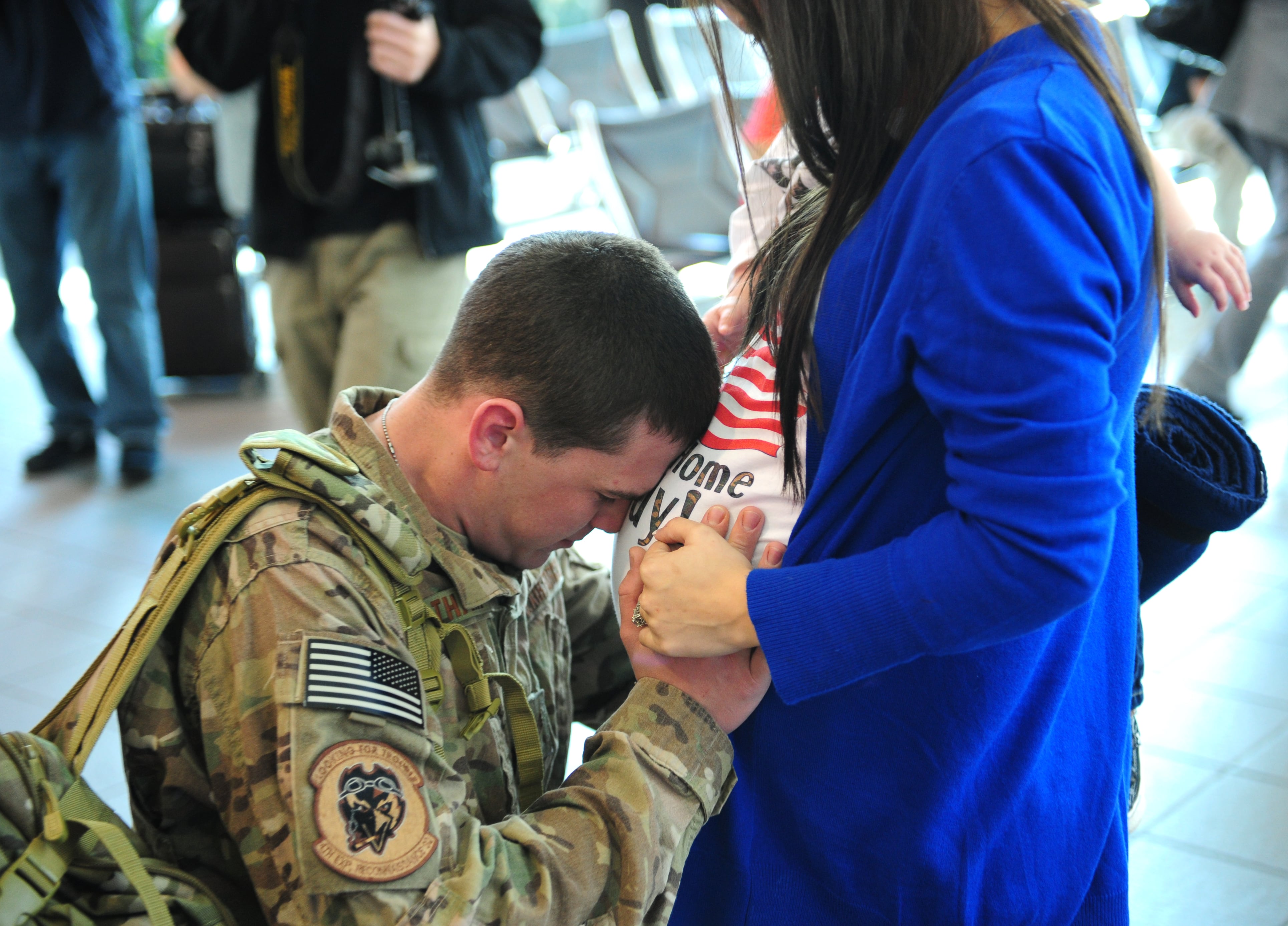Researchers on Tuesday announced plans for a new study to discover reasons why veterans from the recent wars are more likely to struggle with infertility than their civilian peers.
Officials from the fertility clinic Legacy will partner with the Department of Veterans Affairs for the study, which will test sperm collected from more than 1,000 Global War On Terror veterans to look for common problems among the population. The goal is to use the findings to expand the fertility services offered by VA in coming years.
“As a VA physician, I have witnessed firsthand veterans struggling with family building,” Dr. Ryan Vega, the Veterans Health Administration’s healthcare innovation chief, said in a statement. “This effort is important to further understanding and tackling a challenge so many of our nation’s veterans face.”
RELATED

Past studies have indicated that the rate of infertility among veterans who served in Iraq and Afghanistan may be twice as high as comparable civilians, but the reasons for that are unclear.
Officials from Legacy said they plan to study multiple variables — including burn pit exposure during service, traumatic brain injury side effects, and ongoing post-traumatic stress disorder — to see what role they play in conceiving a child.
The study will focus on men only, but organizers said they hope the findings will help improve fertility services across VA in years to come.
“There are a lot of parameters we can look at from a single sample,” said John Crowley, head of military affairs at Legacy. “For the Defense Department and VA, this will help them see where the sperm are underperforming and why, with respect to deployments and associated injuries.”
Sperm samples will be collected and tested, then cryogenically stored to be reanalyzed six months later to identify any additional issues.
RELATED

Under the terms of the Cooperative Research and Development Agreement between VA and Legacy, the company will cover the cost of cryopreservation for all study participants through December 2023. VA will be responsible for covering the cost of any continued preservation after then.
Officials expect to release a report on their findings in early 2024.
Veterans interested in participating in the study can find more information on Legacy’s research project page.
Leo covers Congress, Veterans Affairs and the White House for Military Times. He has covered Washington, D.C. since 2004, focusing on military personnel and veterans policies. His work has earned numerous honors, including a 2009 Polk award, a 2010 National Headliner Award, the IAVA Leadership in Journalism award and the VFW News Media award.




